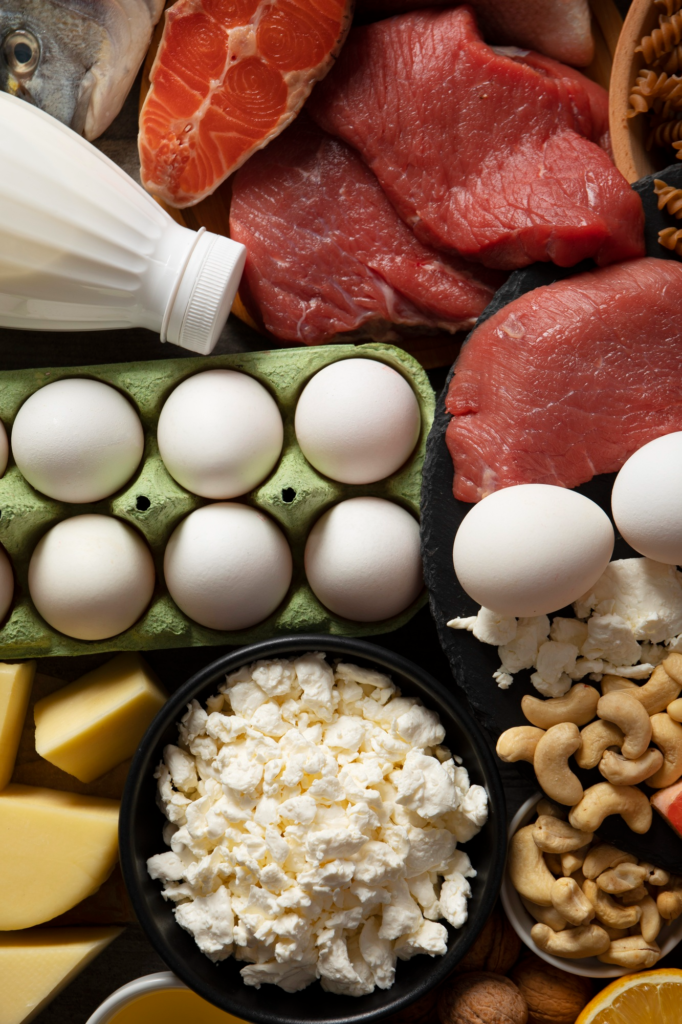Managing diabetes effectively begins with nutrition. Food choices can either support stable blood sugar levels or cause unwanted spikes. Instead of a restrictive mindset, think of it as an opportunity to nourish your body in a way that promotes long-term health. Here are some powerful nutritional strategies to help defend against diabetes and enhance overall well-being.
1. Prioritize Fiber-Rich Foods

Fiber slows digestion and helps prevent rapid glucose spikes. Vegetables, fruits with edible skins, whole grains, and legumes are good sources. Soluble fiber in oats and flax seeds is particularly effective at stabilizing blood sugar. Aim to include fiber in every meal for sustained energy and improved digestion.
2. Choose Complex Carbohydrates Wisely

Not all carbohydrates are created equal. Processed and refined carbohydrates can lead to blood sugar fluctuations, whereas complex carbohydrates provide steady energy. Opt for quinoa, brown rice, whole wheat, and sweet potatoes over white bread and sugary cereals. Combining carbohydrates with protein and good fats can further mitigate their effect on blood sugar levels.
3. Emphasize Lean Proteins
Protein lowers blood sugar by delaying the absorption of carbohydrates. Lean foods low in saturated fat, like fish, poultry, tofu, eggs, and lentils, provide vital nutrients. Meals and snacks that contain protein can increase fullness and avoid energy slumps.

4. Incorporate Healthy Fats
Healthy fats are essential for heart health and blood sugar control. Olive oil, avocados, almonds, and seeds all have anti-inflammatory properties that help lower insulin resistance. Avoid processed vegetable oils and trans fats, which can cause metabolic diseases and inflammation.
5. Stay Hydrated with Smart Choices
Because dehydration can impact blood sugar levels, consuming adequate fluids throughout the day is critical. Water is the best choice, but herbal teas and infused water can add variety. Limit sugary drinks and fruit juices, which can cause quick blood sugar spikes.

6. Monitor Portion Sizes
Excessive consumption of even healthful foods might cause blood sugar abnormalities. Using smaller plates, measuring servings, and eating mindfully can prevent overeating. Balanced portion sizes support weight management and keep glucose levels steady.
7. Time Your Meals Strategically
Skipping meals or eating large portions in one sitting can negatively impact blood sugar control. Aim for consistent meal times and balanced meals throughout the day. A breakfast high in protein helps set the stage for better glucose regulation and steady energy.

8. Limit Added Sugars and Processed Foods
Too much sugar might result in insulin resistance and unintended blood sugar rises. Carefully read food labels to find hidden sugars in packaged goods. Opting for natural, unprocessed foods rather than highly refined ones promotes metabolic health in general.
9. Spice Up Your Diet with Blood Sugar-Friendly Herbs
Certain herbs and spices offer natural support for glucose control. Cinnamon, turmeric, and fenugreek have been studied for their potential to enhance insulin sensitivity. Adding these flavorful ingredients to meals can provide both taste and health benefits.
10. Pay Attention to Your Body and Make Adjustments As Needed
Each person responds to food differently. Paying attention to how your body reacts to different meals can help you refine your diet. Regular monitoring, food journaling, and healthcare provider consultation can help develop a tailored nutrition plan.
Conclusion
Nutrition is essential for controlling and preventing diabetes. By making informed eating choices, you can take control of your health and improve your body’s natural blood sugar regulation. Small changes, when applied consistently, lead to long-term benefits. Prioritize whole foods, stay hydrated, and practice mindful eating to empower your diabetes defense.

Leave a Reply